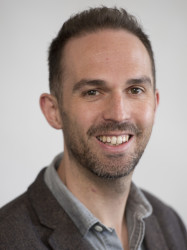BibTex format
@article{Archer:2021:10.5194/gc-4-189-2021,
author = {Archer, MO},
doi = {10.5194/gc-4-189-2021},
journal = {Geoscience Communication},
pages = {189--208},
title = {Schools of all backgrounds can do physics research – on the accessibility and equity of the Physics Research in School Environments (PRiSE) approach to independent research projects},
url = {http://dx.doi.org/10.5194/gc-4-189-2021},
volume = {4},
year = {2021}
}

